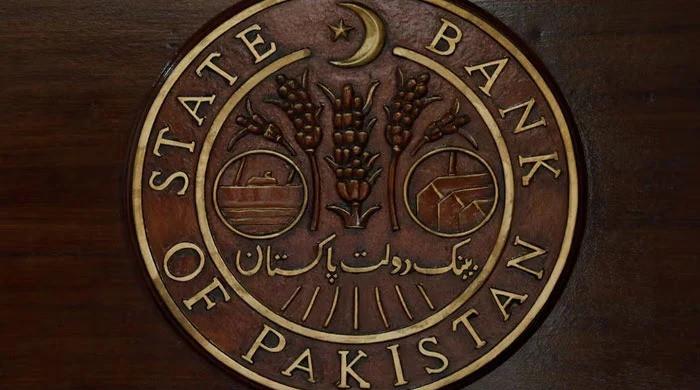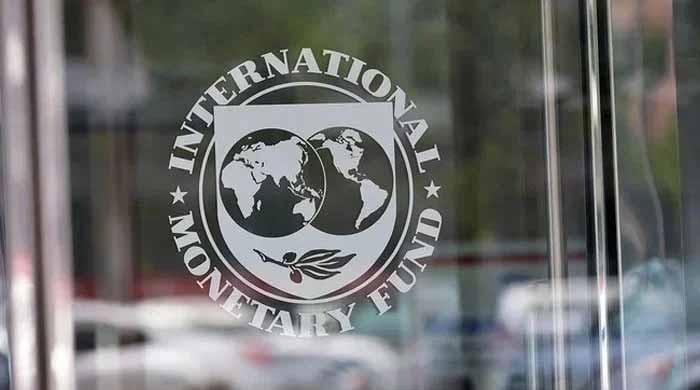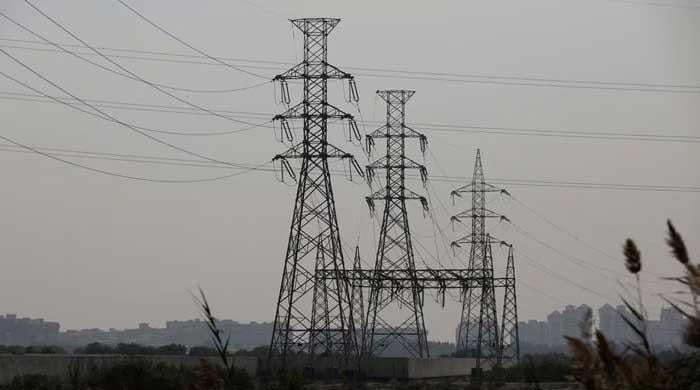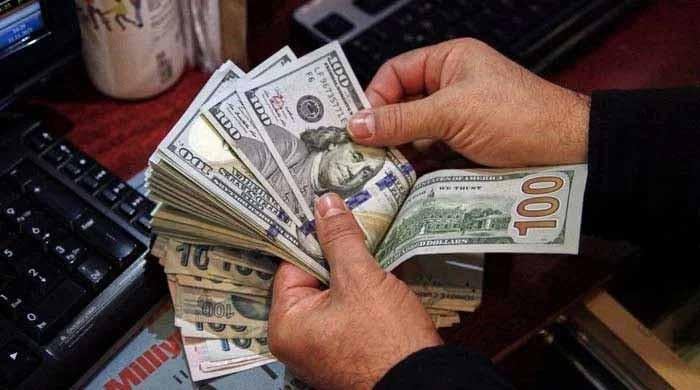PM hopes to strike IMF deal as 'all conditions met' despite economic hardship
"No hurdle is now left in striking the IMF programme," says Premier Shehbaz
June 09, 2023
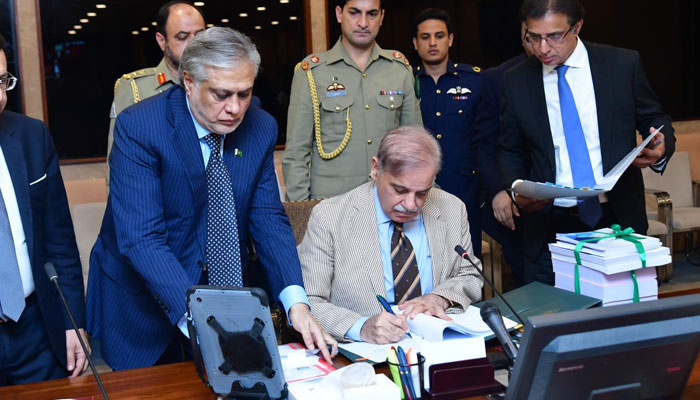
- Govt managed to bring down current account deficit to $3.3b: premier
- PM Shehbaz says economic growth is linked with political stability.
- "We have to take care of the salaried class," says prime minister.
Prime Minister Shehbaz Sharif Friday hoped the International Monetary Fund (IMF) would resume the stalled bailout programme as Pakistan had already met "all" prior conditions despite economic hardships.
The premier's speech came ahead of the revelation of the budget for the fiscal year 2023-24, which the government claims to have shared with the IMF.
The budget needs to satisfy the IMF to secure the release of more bailout money for the crisis-struck country, which is due to hold a general election by November.
"The ninth review will be complete soon," PM Shehbaz said during his address to the federal cabinet of the coalition government, which will present its second budget.
Referring to the devastating floods triggered by climate change, he said that it inflicted losses worth over $30 billion on the country's economy. He added that the Ukraine crisis also pushed the prices of commodities in the international market.
"A country’s sound economic growth is linked with its political stability," the premier said, adding that without political stability, even billions of budget could not make a difference in improving the economic situation.
The government, he further said, is cognisant of the problems being faced by the common man due to inflation. "We have to take care of the salaried class as well as the pensioners so that they can meet their basic requirements."
He maintained that for the last 14 months, the government since assumption of power was to deal with the challenge of the IMF, the post-flood situation and global inflation.
The PM also expressed satisfaction that the current deficit in 10 months was reduced to $3.3 billion and hoped that the agriculture sector would boost.
He said it is a matter of satisfaction that the country has managed to bring down the current account deficit to 3.3 billion dollars regardless of internal and external challenges.
The government has spun into action to put brakes on the "undesirable" outflow of foreign currency from Pakistan and promote transparency in foreign currency transactions conducted by exchange companies.
Amidst negotiations to revive a $6.7 billion bailout programme with the International Monetary Fund (IMF), Pakistan is not expected to devalue its currency further, as the pressure on the rupee has subsided, Bloomberg quoted Fitch Ratings as saying.
“We currently do not expect a large further devaluation of the Pakistan rupee,” Krisjanis Krustins, a Hong Kong-based director at Fitch, said in an emailed response to questions Friday.
“Although the currency has been very stable over the past few months, pressure on the reserves of the State Bank of Pakistan has also been contained, which suggests minimal interventions to support the currency,” Krustins said.
The IMF has stated that it is collaborating with Pakistani authorities to address concerns related to the country's currency market and other matters before resuming the ongoing bailout programme, which is scheduled to conclude this month.
Following a currency devaluation in January, the rupee has depreciated by over 20% this year, rendering it one of the weakest performers globally.
The nation’s dollar stockpile has remained stable at about $4 billion since late February, after falling more than 50% in the past 12 months. Funds will be crucial to prop up the economy beset by supply shortages and avert a sovereign default, with billions of dollars of debt payments approaching.
“We continue to assume that the IMF and Pakistan will conclude the ongoing programme review, likely after the IMF has clarity on the upcoming budget,” Krustins said. “However, the window for this is rapidly closing, with the programme originally set to expire in June, and substantive progress unlikely in the immediate run-up to elections due by October.”
—Additional input from APP




